A hardline cleric and sitting MP has described pro-democracy protesters in Iran as “lusty people who seek prostitution and lewdness in society”.
In an interview with the state-controlled Mehr News Agency on Monday, Mahmoud Nabavian tried to sow division by suggesting most of the demonstrators came from wealthy backgrounds. “The leaders of these riots enjoy complete economic prosperity,” he said.
In reality a cross-section of Iranian society has been seen on the streets. Some of the most sustained protests to date have taken place in Kurdistan province, where average wages, living standards and quality of local infrastructure are well below even the Iranian average.
Ignoring this, Nabavian added: “These scum on the water, these impurities that sometimes contaminate the Iranian nation, will be flushed away. They will be stopped.”
In the past few days, Navabian and other conservative politicians have continued to echo the regime’s line that those taking part in popular demonstrations against the regime are “rioters”.
Fellow conservative MP Zohra Lajevardi, whose father Asadollah Lajevardi was one of the most infamous post-1979 “revolutionary prosecutors” and oversaw the 1988 massacre of detainees at Evin Prison, also weighed in on Monday.
Speaking to ISNA News Agency, Lajevardi claimed those protesting in 80 cities across Iran were trying to undermine the “achievements” of President Ebrahim Raisi at the UN General Assembly last week.
Raisi, she said, had “directly pointed out the anti-human rights actions of the West” in New York and “enemies” were trying to detract from that.
Raisi himself spent Monday visiting the family of the late IRGC commander and regime darling Ghasem Soleimani, who died in a US drone strike in January 2020 and has since been effectively canonized by the regime in propaganda drives.
In a tone-deaf speech issued via state news agencies on Monday afternoon, Raisi did not address the protests directly but instead claimed: “Enemies are trying to use media tools to turn reality upside down and swap executioner for martyr.
“Accordingly, we introduced Martyr Soleimani in a speech at the United Nations, so that the world knows what terrorism is.”
Soleimani is a divisive figure in Iran and many celebrated after his death. After Raisi’s speech at the UN last Tuesday, Iranians protesting after the police killing of 22-year-old Mahsa Amini set fire to pictures of Soleimani in the streets.
Demonstrators in Soleimani’s hometown of Kerman also climbed onto a public billboard featuring his image and destroyed it in a symbolic gesture of disagreement.
visit the accountability section
In this section of Iran Wire, you can contact the officials and launch your campaign for various problems




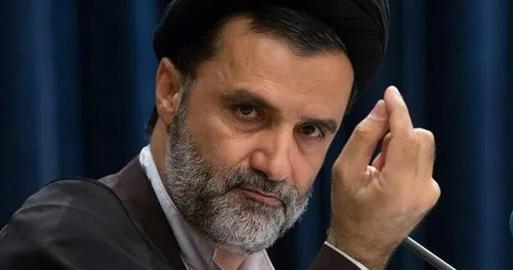
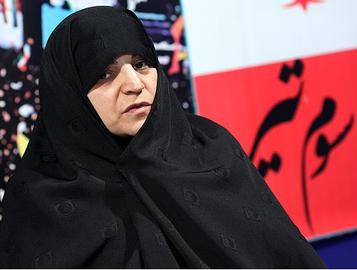
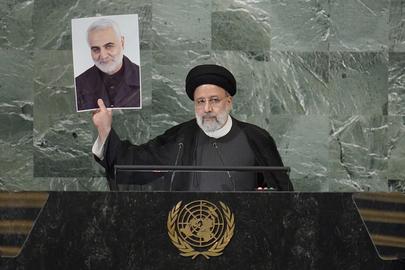




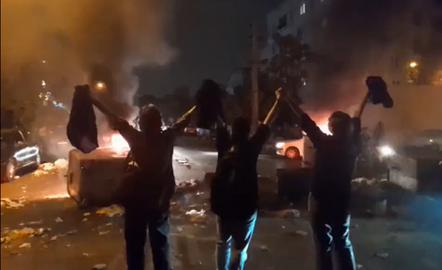
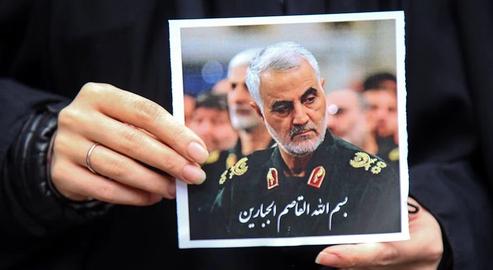
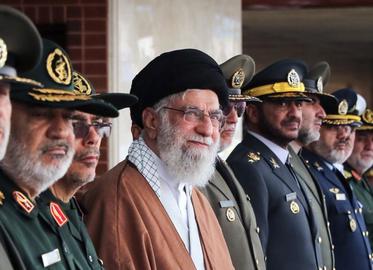
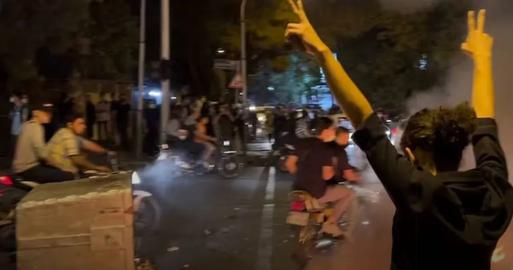









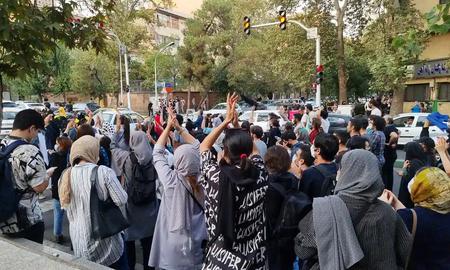
comments